1) One group of studies looked at how effective add-on CBT is at preventing any type of relapse.
When comparing people doing add-on CBT versus people having usual care these studies show that:
ANY TYPE OF RELAPSE
MEDICATION + CBT51 in 100people doing add-on CBT will NOT RELAPSE within 6 months up to 2 years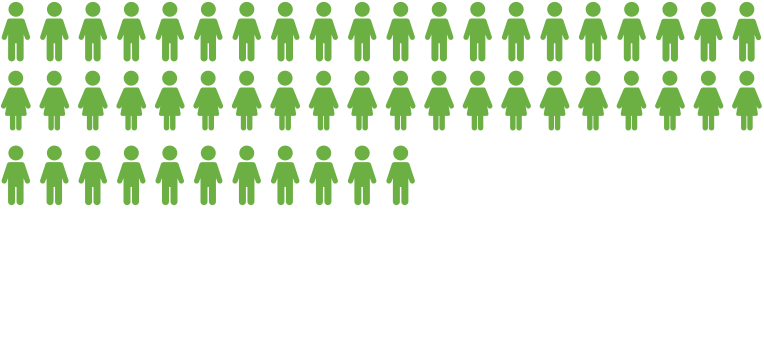
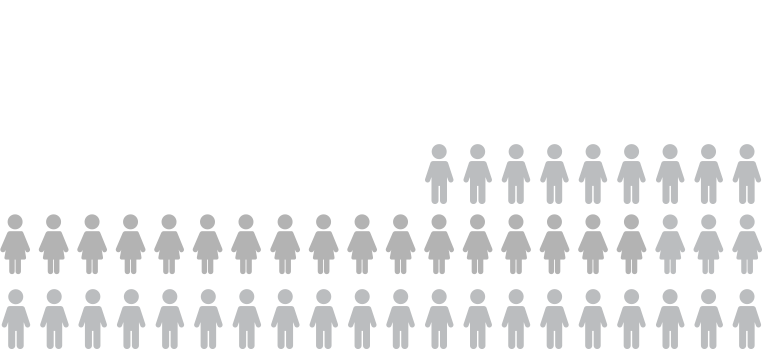 49 in 100people will RELAPSEMEDICATION + USUAL CARE35 in 100people having usual care will NOT RELAPSE within 6 months up to 2 years
49 in 100people will RELAPSEMEDICATION + USUAL CARE35 in 100people having usual care will NOT RELAPSE within 6 months up to 2 years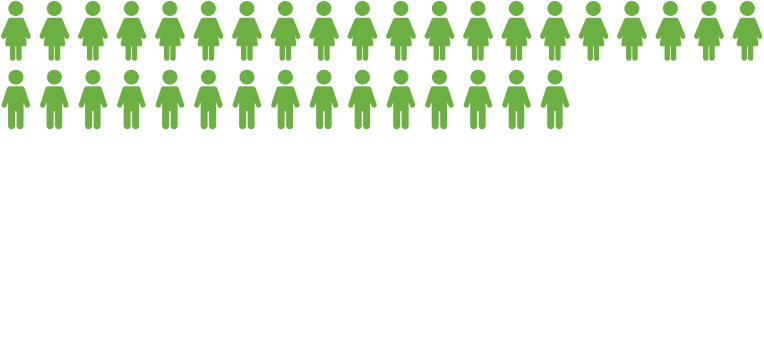
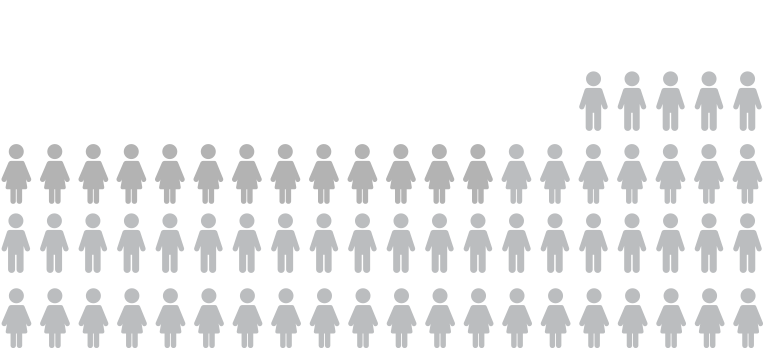 65 in 100people will RELAPSE
65 in 100people will RELAPSE
2) Another group of studies looked at how effective add-on CBT is at preventing relapse into depression.
When comparing people doing add-on CBT versus people having usual care, these studies show that:
RELAPSE INTO DEPRESSION
MEDICATION + CBT70 in 100people doing add-on CBT will NOT RELAPSE into depression within 6 months up to 2 years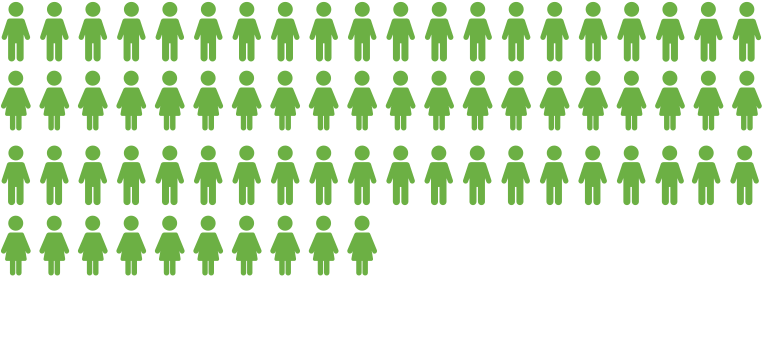
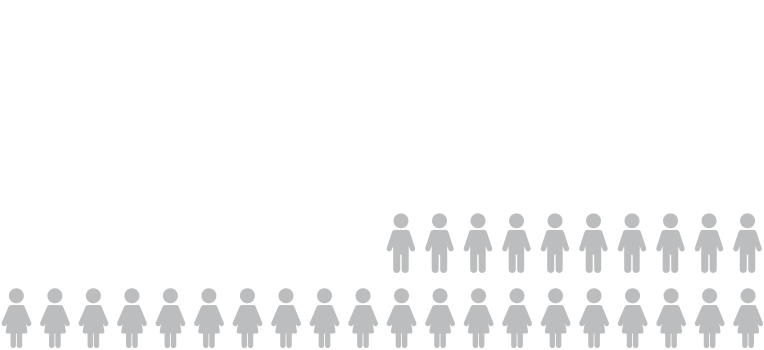 30 in 100people will RELAPSE into depressionMEDICATION + USUAL CARE55 in 100people having usual care will NOT RELAPSE into depression within 6 months up to 2 years
30 in 100people will RELAPSE into depressionMEDICATION + USUAL CARE55 in 100people having usual care will NOT RELAPSE into depression within 6 months up to 2 years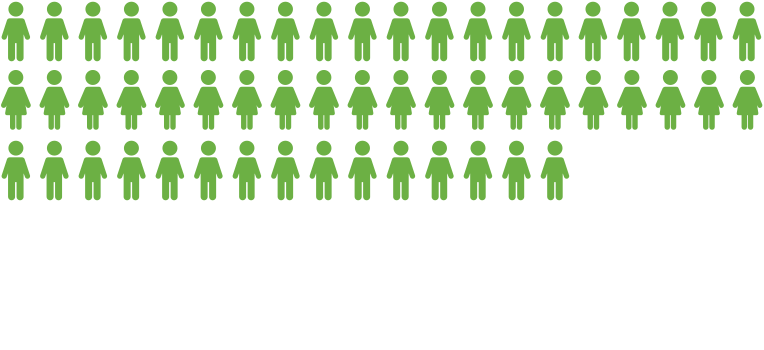
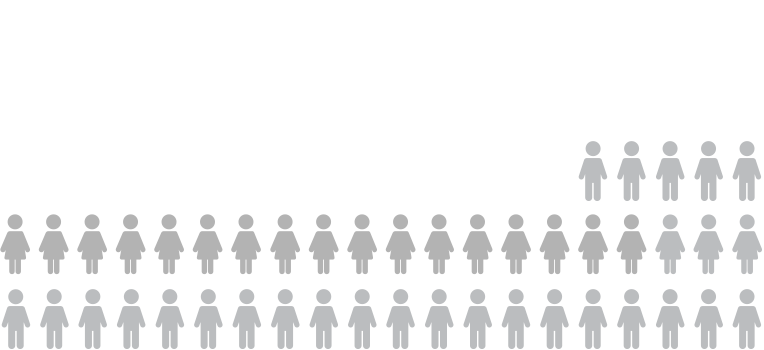 45 in 100people will RELAPSE into depression
45 in 100people will RELAPSE into depression
3) Another group of studies looked at how effective add-on CBT is at preventing relapse into hypomania.
When comparing people doing add-on CBT versus people having usual care, these studies show that:
RELAPSE INTO HYPOMANIA
MEDICATION + CBT72 in 100people doing add-on CBT will NOT RELAPSE into hypomania within 6 months up to 2 years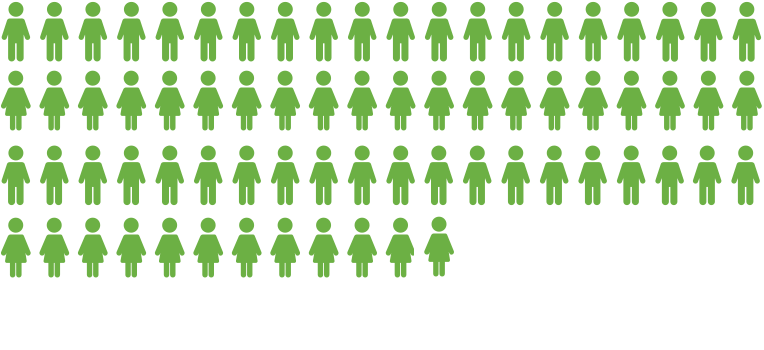
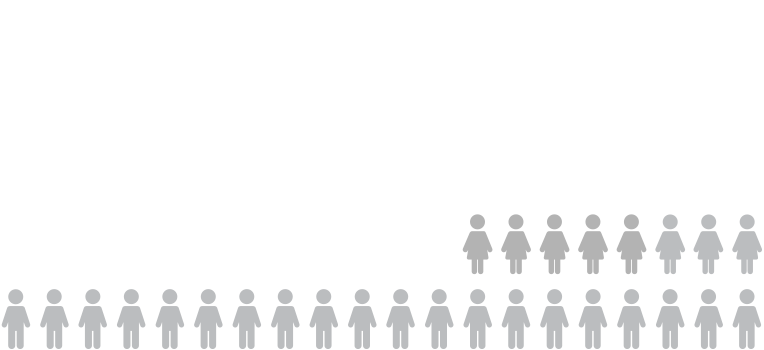 28 in 100people will RELAPSE into hypomaniaMEDICATION + USUAL CARE66 in 100people having usual care will NOT RELAPSE into hypomania within 6 months up to 2 years
28 in 100people will RELAPSE into hypomaniaMEDICATION + USUAL CARE66 in 100people having usual care will NOT RELAPSE into hypomania within 6 months up to 2 years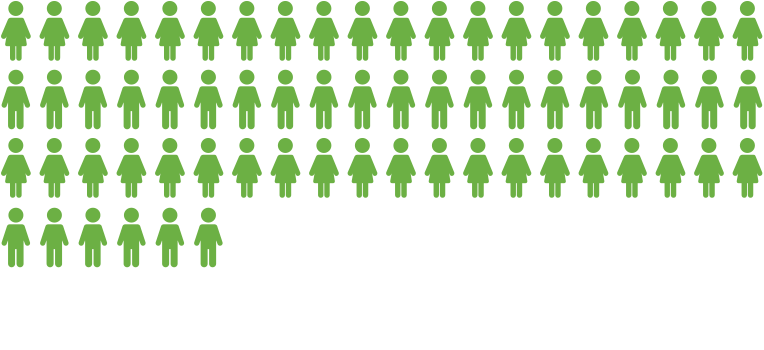
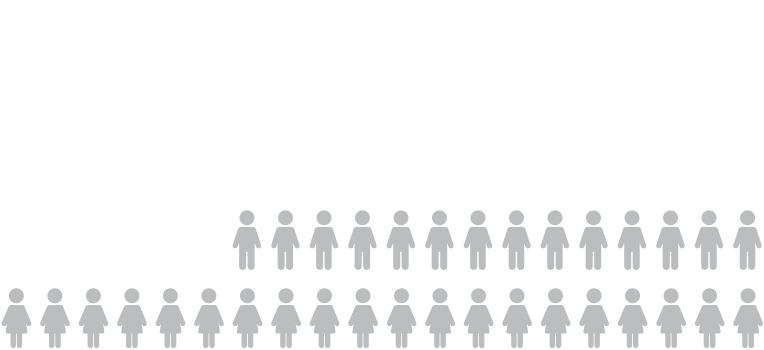 34 in 100people will RELAPSE into hypomania
34 in 100people will RELAPSE into hypomania
Studies show that taking medication AND doing add-on CBT is better than medication and usual care at preventing all types of relapse. It appears better at preventing depression than hypomania.
Meta-analyses based on randomised controlled trials (RCTs) of relapse in people with bipolar I and II disorders with follow-ups of at least 3 months.

